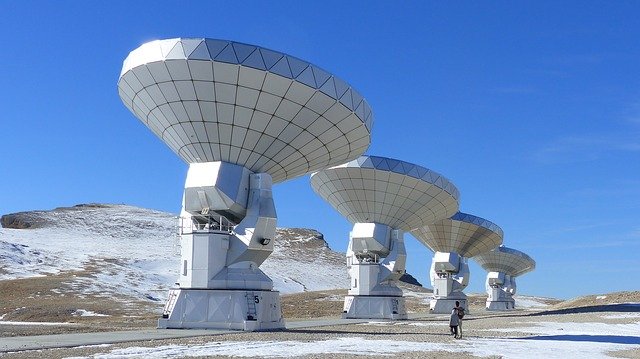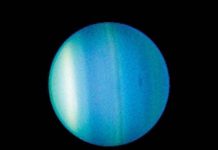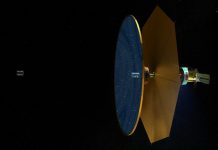
We love the starry sky. And we see people who observe stars with telescopes in their spare time.
They could be your colleagues, neighbors, family members, or even yourself. These people, having a strong passion for aerospace, are called citizen astronomers.
Although the collaboration between professionals and citizen astronomers has a long history of 300 years, the organization, contribution and future development of this large group were not systematically examined until recently.
A review article published in The Annual Review of Astronomy and Astrophysics takes a close look at this group.
Researchers found that citizen astronomers are mainly men, between their mid-twenties and late fifties, highly educated, and work in related fields, such as engineering, science, and computer science.
They have a strong desire to contribute to science, and they love astronomy, discovery, and the beauty of aerospace. They are dedicated volunteers united via community interactions.
Citizen astronomers contribute to science mainly in four ways.
First, they observe the sky and discover comets and asteroids. They monitor planets, the solar system, exoplanets, and variable stars.
Sometimes, their observation is just passive and they even do not realize that they are taking part in a scientific study.
Second, citizen astronomers process, classify and interpret the data they have taken.
Third, they make physical models based on their discovery and test the models.
Fourth, they collaborate with professionals to ask scientific questions about aerospace and publish papers in research journals.
In the next decade or so, as the more advanced technology becomes available, citizen astronomers may widen their observation, including observing faraway planets like Uranus and Neptune.
They also face big challenges, such as its own big data problem.
They may contribute to large international public datasets and need to have discussions across multiple language barriers.
But no matter what, they will keep collaborating with scientists and contributing to the human knowledge of aerospace.
Copyright © 2018 Knowridge Science Report. All rights reserved.



